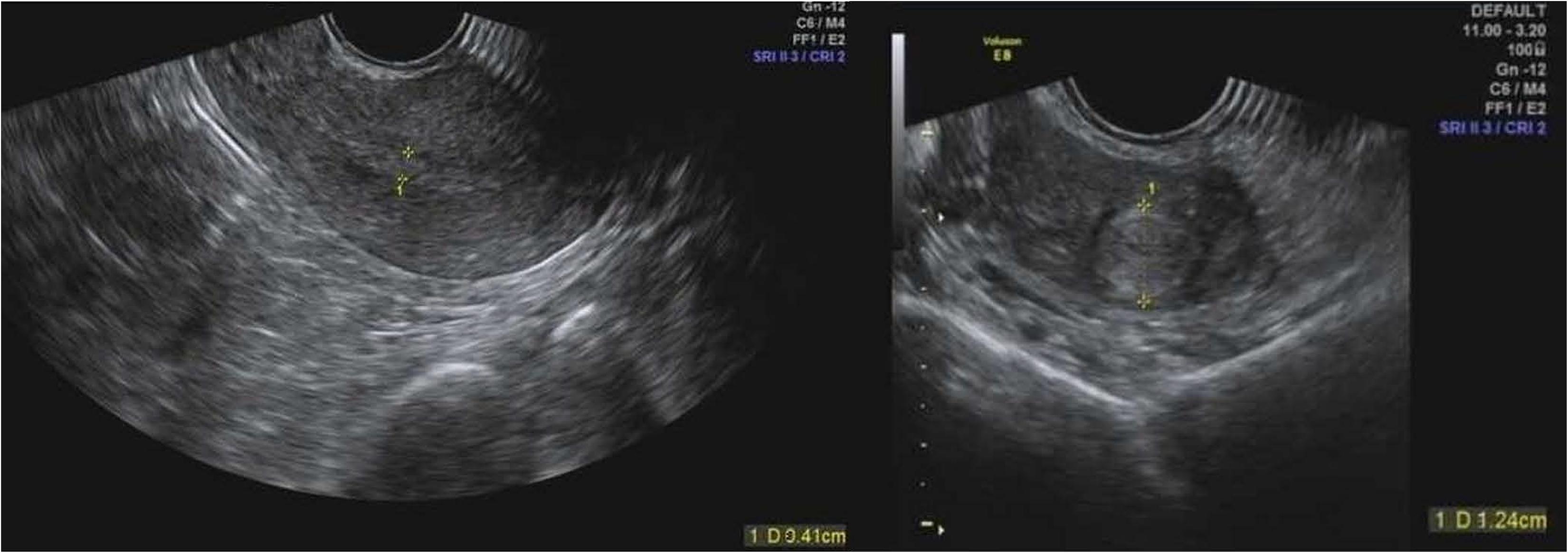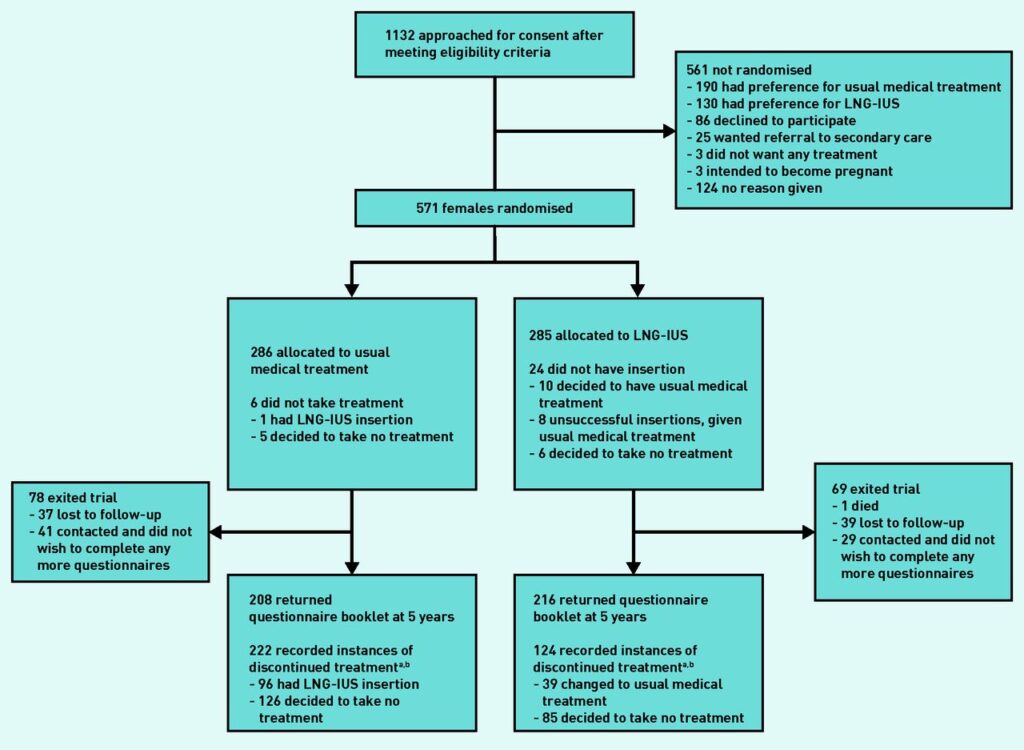Heavy Menstrual Bleeding, commonly referred to as HMB or Menorrhagia, is a condition that affects countless women worldwide. It is characterized by abnormally heavy or prolonged menstrual bleeding, which can significantly disrupt daily life and overall well-being. Understanding the causes, recognizing the symptoms, and exploring available treatments are essential steps in managing this condition effectively.

What is Heavy Menstrual Bleeding?
Heavy Menstrual Bleeding refers to menstrual periods where the blood flow is excessively heavy or lasts longer than what is considered normal. Typically, a menstrual cycle lasts between three to seven days, with an average blood loss of about 30 to 40 milliliters. However, women experiencing heavy menstrual bleeding may lose more than 80 milliliters of blood during their period, leading to significant physical and emotional challenges.
Signs That Indicate Heavy Menstrual Bleeding
- Soaking through one or more sanitary pads or tampons every hour for several consecutive hours
- Needing to use double sanitary protection to manage the flow
- Frequent nighttime changes of sanitary products
- Passing large blood clots during menstruation
- Experiencing periods that last longer than seven days
- Feeling fatigued, weak, or short of breath due to excessive blood loss
Common Causes of Heavy Menstrual Bleeding
There are numerous potential causes of heavy menstrual bleeding, ranging from hormonal imbalances to underlying medical conditions. Identifying the root cause is crucial for effective treatment.
Hormonal Imbalances
Hormones such as estrogen and progesterone regulate the menstrual cycle. When these hormones are out of balance, it can lead to abnormal uterine lining development, resulting in heavier or prolonged bleeding. Conditions like polycystic ovary syndrome and thyroid disorders are common culprits behind hormonal imbalances.
Uterine Fibroids
Uterine fibroids are noncancerous growths that develop in or on the uterus. These growths can cause heavy menstrual bleeding, along with pelvic pain and pressure. While fibroids are typically benign, they can significantly impact a woman’s quality of life if left untreated.
Polyps in the Uterus
Uterine polyps are small, soft growths that attach to the inner wall of the uterus. They can cause irregular and heavy bleeding during menstruation. Although these polyps are usually harmless, they may require removal if they contribute to excessive bleeding.
Adenomyosis
Adenomyosis occurs when the tissue that normally lines the uterus grows into the muscular walls of the uterus. This condition often leads to heavy and painful periods, as well as an enlarged uterus.
Bleeding Disorders
Certain bleeding disorders, such as von Willebrand disease, can interfere with the blood’s ability to clot properly. Women with these disorders may experience heavy menstrual bleeding as a result.
Use of Certain Medications
Some medications, including anticoagulants and certain types of intrauterine devices, can increase the risk of heavy menstrual bleeding. It is important to discuss any medications you are taking with your healthcare provider to determine if they might be contributing to your symptoms.
Symptoms Associated with Heavy Menstrual Bleeding
In addition to the excessive blood loss itself, heavy menstrual bleeding can lead to a variety of other symptoms that affect both physical and mental health.
Anemia
One of the most common complications of heavy menstrual bleeding is iron deficiency anemia. When the body loses too much blood, it can deplete its iron stores, leading to fatigue, weakness, dizziness, and shortness of breath.
Pain and Discomfort
Many women with heavy menstrual bleeding also experience severe cramps and pelvic pain. This discomfort can make it difficult to perform daily activities and may require pain management strategies.
Emotional and Psychological Effects
The unpredictability and severity of heavy menstrual bleeding can take a toll on mental health. Women may feel anxious about potential accidents, embarrassed by their symptoms, or frustrated by the limitations imposed by their condition.
Treatment Options for Heavy Menstrual Bleeding
The treatment for heavy menstrual bleeding depends on the underlying cause, the severity of symptoms, and the patient’s preferences. There are various approaches available, ranging from lifestyle changes to medical interventions.
Lifestyle Modifications
In some cases, simple lifestyle adjustments can help reduce the severity of heavy menstrual bleeding. These include:
- Maintaining a healthy weight, as obesity can exacerbate symptoms
- Reducing stress through relaxation techniques like yoga or meditation
- Avoiding alcohol and caffeine, which may worsen bleeding in some individuals
Medications
Several medications can be prescribed to manage heavy menstrual bleeding:
- Hormonal Birth Control: Birth control pills, patches, or vaginal rings can help regulate the menstrual cycle and reduce bleeding.
- Gonadotropin-Releasing Hormone Agonists: These medications temporarily stop menstruation by reducing estrogen levels.
- Nonsteroidal Anti-Inflammatory Drugs: Over-the-counter pain relievers like ibuprofen can help reduce both pain and blood loss.
- Tranexamic Acid: This medication helps reduce bleeding by promoting blood clotting.
Procedural Interventions
For women who do not respond to medications or lifestyle changes, procedural interventions may be necessary:
- Dilation and Curettage: A procedure where the lining of the uterus is scraped to reduce bleeding.
- Uterine Artery Embolization: A minimally invasive procedure that blocks blood flow to uterine fibroids, shrinking them and reducing bleeding.
- Endometrial Ablation: A technique that destroys the uterine lining to minimize or stop menstrual bleeding.
- Hysterectomy: The surgical removal of the uterus, which permanently stops menstruation but is typically considered a last resort.
Alternative Therapies
Some women explore alternative therapies to complement traditional treatments:
- Herbal Supplements: Certain herbs, such as ginger and raspberry leaf, are believed to help regulate menstrual flow.
- Acupuncture: This traditional Chinese medicine practice may help alleviate symptoms by improving energy flow.
- Dietary Changes: Consuming iron-rich foods and staying hydrated can support overall health during heavy periods.
When to Seek Medical Attention
While occasional heavy periods are not uncommon, persistent or severe heavy menstrual bleeding should not be ignored. It is important to consult a healthcare provider if you experience any of the following:
- Bleeding that soaks through one or more pads or tampons every hour for several hours
- Periods that consistently last longer than seven days
- Frequent episodes of passing large blood clots
- Symptoms of anemia, such as extreme fatigue or shortness of breath
- Painful periods that interfere with daily activities
Early diagnosis and treatment can prevent complications and improve quality of life for women dealing with heavy menstrual bleeding.





